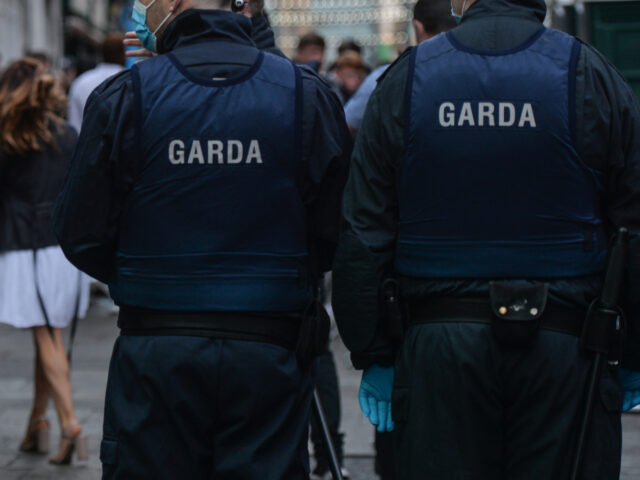Government ministers have been accused of pushing “thought policing” hate speech laws that could see people jailed for so much as possessing material that is deemed to be hateful.
Members of Ireland’s parliament have slammed the country’s government as wanting to implement a regime of “thought policing” in the European Union member-state.
Under the proposed Criminal Justice (Incitement to Violence or Hatred and Hate Offences) Bill 2022, which is aimed at implementing “hate speech” laws in Ireland, people found to be in possession of material deemed to be able to provoke hatred against protected individuals could face up to two years in jail.
To make matters worse, while those found with illegal material may be able to claim that they had no intention of actually distributing the offending material as a defence, such an excuse would require them to prove to a court that they had no intention of distributing the problematic content.
Speaking in the country’s parliament on Thursday, the leader of the opposition party Aontú, Peadar Tóibín TD, described the proposal as an attempt by the government to impose “thought policing” on Ireland,
In particular, the party leader heavily criticised the country’s Justice Minister, Helen McEntee, as wanting to censor people she disagrees with.
“For pluralism it must be possible for mutually opposing ideologies to coexist simultaneously,” he said.
“The quote attributed to Voltaire ‘I may not agree with what you have to say, but I will defend to the death your right to say it,’ is a foundation stone of tolerance and pluralism and therefore cohesion within a liberal democracy.”
“Helen McEntee’s version of that quote is ‘I may not agree with what you have to say and I will put you in jail for saying it,'” he observed.
He also criticised the ease with which a judge could issue a search warrant against the property of an individual so much as suspected to be in possession of “hateful” material.
Under the bill as proposed, a judge at the district court level will be able to issue a search warrant against a person’s home should a member of the country’s police service claim under oath that there is “reasonable” grounds to believe illegal material may be present in a person’s home.
“It is incredible that Gardaí would have a right to search your homes on this basis,” he remarked.
While a minority of TDs expressed similar concerns to the ones held by Tóibín, the vast majority within the Irish parliament voiced support for the implementation of hate speech rules, with some members of government parties, in particular, appearing to be in favour of the rules that could see people jailed for possessing material deemed hateful.
Such a position appears to have seriously disappointed many freedom of expression advocates in the country, with the campaign group Free Speech Ireland expressing frustration that most members failed to challenge many of the serious problems with the bill.
“We are disappointed that the main opposition party and the Government parties failed to raise any of the legal, political or philosophical concerns that we and many other groups raised over the past months,” a spokesman for the group told Breitbart Europe.
“With few exceptions, politicians took a blasé approach to a debate that would deny Irish people their rights and freedoms,” they continued. “Our experience in canvassing is that the will to oppose this bill is far greater than the will to the will to impose.”
The spokesman went on to emphasise that the group would continue to campaign against the proposed legislation “until this bill is rejected”.

COMMENTS
Please let us know if you're having issues with commenting.